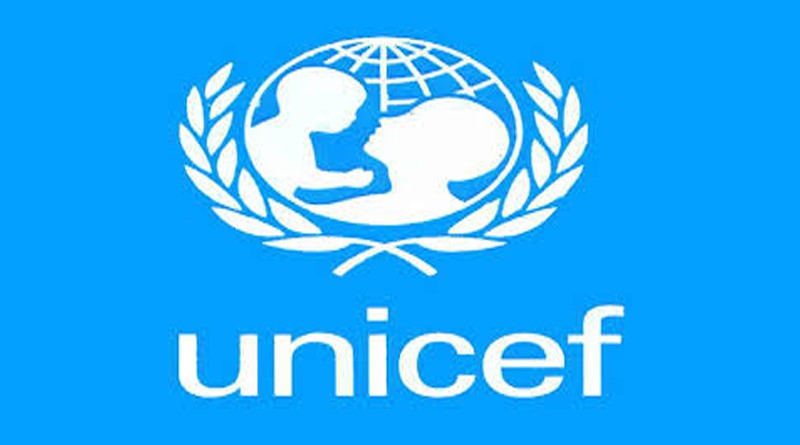Kano HILWA, SUBEB mentor JSS girls on carrier guidance, leadership and life skills
The Kano High-Level Women Advocates (HiLWA), in collaboration with the Kano State Universal Basic Education Board (SUBEB), has trained and mentored a group of 200 girls drawn from selected Junior Secondary Schools (JSS) in Kano state, on career guidance, leadership and life skills.

The training was held under the aegis of phase 3 of UNICEF Nigeria’s Girls’ Education Project (GEP3), being implemented with the support of the UK’s Department for International Development (UK-DFID). Since 2012, UNICEF has been implementing the 8-year GEP3 (2012-2020), which seeks to contribute towards improved social and economic opportunity for girls across 6 states in northern Nigeria, namely; Bauchi, Katsina, Niger, Sokoto, Zamfara and lately Kano.
Hence, the mentees were drawn from 6 GEP focal Local Government Areas of Kano state: Kano Municipal, Gwale, Nassarawa, Ungogo, Danbatta and Sumaila. In Kano, GEP3 supports 300 public primary schools and 420 Integrated Qur’anic Schools (IQS) across the six focal LGAs; working across three outputs, namely: increased enrolment and retention for girls in basic education; improved capacity of teachers to deliver effective learning for girls; as well as improved governance to strengthen girls’ education.
The objectives of the training and mentoring session for the 200 girls were improving career choices so as to improve transition to higher education levels; strengthening capacities of girls in the Junior Secondary Schools to serve as role model to other girls in their respective schools; as well as strengthening the capacity of the girls to discuss and take actions against existing and emerging blockers to their successful completion of school.
Speaking about the workshop, Amina Umar, Director in charge of Social Mobilization at Kano SUBEB, said the training which targeted girls in Junior Secondary School One was focused on building their capacities in the areas of understanding education as a right; the importance of girls’ education as well as the barriers to girl’s education and strategies to address the barriers to girls’ education.
“Our challenge in Kano now is not enrollment of girls in school since we have achieved parity; with even more girls than boys currently enrolled. Rather, our challenge is ensuring their retention and transition from Junior Secondary School (JSS) to Senior Secondary School (SSS) and then to higher institutions. This is because more and more girls continue to drop out between JSS and SSS. If they don’t graduate secondary school and transit to higher institutions how can they occupy leadership positions in the education sector?” She asked.
The 200 girls were also trained on leadership, life skills and personal hygiene aimed at building their self-esteem, communication, creative thinking as well as self-assertiveness and problem solving skills. It is believed that the mentoring will improve the girls’ capacity to discuss and take actions against existing and emerging blockers to their successful completion of schools; and also their capacity to make better career choices, as they transition to higher education levels. Consequently, they will serve as role model to other girls in their respective schools contributing to societal development.











